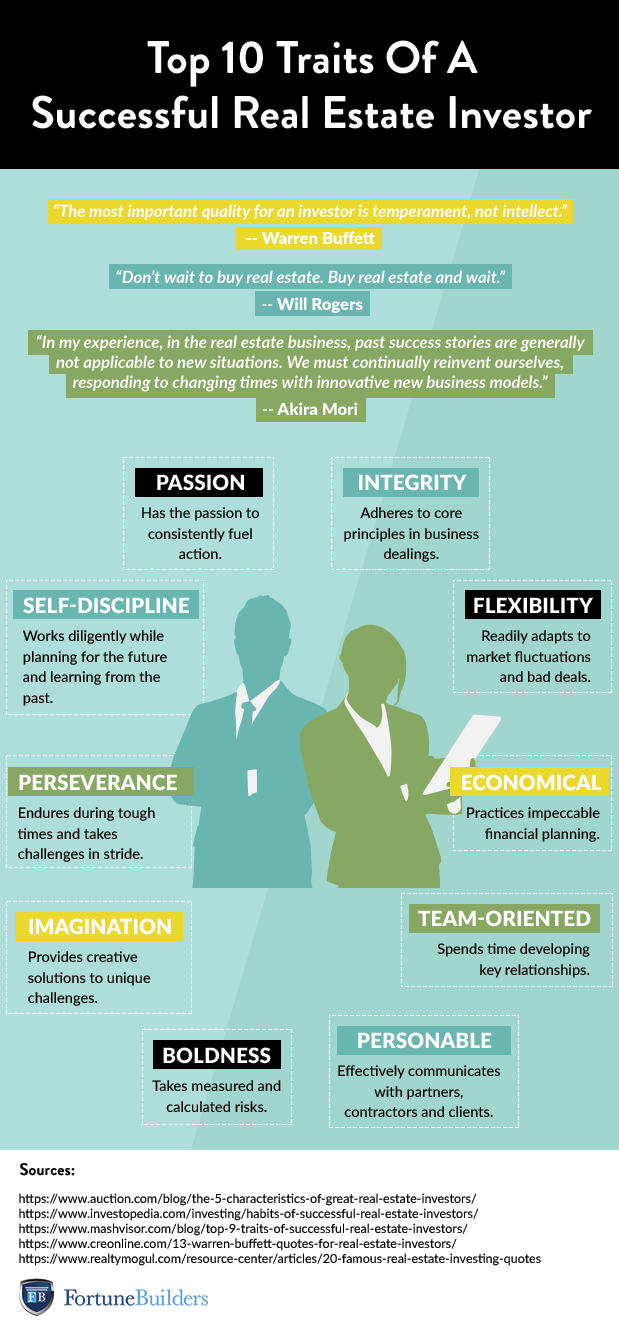
Introduction
Real estate investing is a popular way to build wealth . Real estate investors acquire, hold, and flip properties to earn a return on investment . This guide explores what it means to be a real estate investor, covering different types of real estate investments, strategies for success , and potential challenges.
Types of Real Estate Investments
1. Investing in Residential Properties
- Single-Family Homes: Houses meant for single-family occupancy. These are preferred among first-time investors due to their lower cost and easier management .
- Multi-Family Properties: Real estate that accommodates several families, like apartment buildings and multiplexes. They provide more rental revenue but demand greater management effort.
- Vacation Rentals: Properties rented out to short-term tenants, often through platforms like Airbnb or Vrbo. These can yield more profit wholesaling real estate for dummies but may have more frequent vacancies and need more oversight.
2. Investing in Commercial Properties
- Office Buildings: Buildings rented out for office purposes. They often have lengthy tenancy contracts, offering consistent revenue .
- Retail Properties: Buildings leased to retail businesses, such as shopping centers, malls, and storefronts. Success is linked to the success of the tenants .
- Industrial Properties: Industrial buildings such as factories and storage units. These have protracted agreements and minimal management requirements .
3. Industrial Real Estate
- Warehouses: Buildings for storing products and supplies. Demand is driven by e-commerce growth .
- Manufacturing Facilities: Buildings used for production and assembly of goods. These demand specific expertise for investment.
- Distribution Centers: Facilities for distributing goods. High demand in supply chain management .
4. Land
- Undeveloped Land: Vacant plots awaiting development. It offers speculative investment opportunities but can be speculative .
- Developed Land: Property readied for building projects. Requires substantial funds and expert knowledge .
- Agricultural Land: Property used for agricultural purposes. Offers consistent profitability but requires understanding of agricultural trends.
Real Estate Investment Strategies
1. Buy and Hold
- Overview: Acquire and lease properties long-term to enjoy rental income and appreciation.
- Pros: Consistent rental income, tax advantages, and property value growth.
- Cons: Demands management effort, capital commitment, and market dependency.
2. Property Flipping
- Overview: Buy properties at a discount, renovate them, and sell them at a higher price.
- Pros: High profit potential in a short period, property improvement.
- Cons: High risk, requires construction knowledge, market timing crucial.
3. Wholesaling
- Overview: Locate undervalued homes, contract them, and transfer the contract for a fee.
- Pros: Low-cost entry, swift transactions, minimal management.
- Cons: Needs to find sellers and buyers, lower profit margins.
4. REITs (Real Estate Investment Trusts)
- Overview: Invest in a company that owns and operates income-producing real estate. REITs are traded on stock exchanges.
- Pros: Easy to sell, diversified holdings, passive returns, expert management.
- Cons: Market volatility, less control, fees and expenses.
5. Real Estate Crowdfunding
- Overview: Invest collectively in real estate projects via crowdfunding sites.
- Pros: Low entry point, diversification, access to large projects.
- Cons: Lack of direct control, associated fees, inherent risks.
Steps to Becoming a Real Estate Investor
Education and Research:
Learn the Basics: Understand real estate markets, financing options, property management, and investment strategies.
Networking: Engage with investment communities, participate in seminars, and network with seasoned investors.
Set Investment Goals:
Define Objectives: Set clear goals for your investments, whether for income, appreciation, or diversification.
Set Investment Goals
- Define Objectives: Set clear goals for your investments, whether for income, appreciation, or diversification.
- Risk Tolerance: Evaluate your risk tolerance to select suitable investment strategies.
Develop a Business Plan
- Market Analysis: Analyze markets, property categories, and expected returns.
- Financing Strategy: Outline your funding strategy, considering mortgages, loans, and savings.
Build a Team
- Key Professionals: Assemble a team with agents, lawyers, accountants, managers, and contractors.
- Networking: Continue building relationships with professionals who can assist you.
Start Small
- Initial Investment: Start with modest investments or basic projects for learning.
- Learn and Adapt: Adapt your approach based on lessons from initial investments.
Scale Up
- Growth: Scale your investments with increasing expertise and confidence.
- Diversification: Broaden your investment portfolio with varied properties and areas.
Challenges and Risks in Real Estate Investing | Potential Challenges and Risks
1. Market Volatility
- Economic Factors: Economic shifts, interest rates, and policies can affect real estate markets.
- Mitigation: Keep up with market trends and adapt your strategies.
2. Property Management
- Tenant Issues: Dealing with tenant complaints, vacancies, and rent collection can be challenging.
- Solutions: Use a management company or improve your own management abilities.
3. Financing and Cash Flow
- Funding Challenges: Obtaining wholesaling homes financing and ensuring cash flow stability can be hard.
- Strategies: Create a robust financing strategy and keep a reserve for emergencies.
4. Legal and Regulatory Issues
- Compliance: Make sure your investments adhere to legal requirements.
- Advice: Seek legal advice to navigate and comply with regulations.
Conclusion
Real estate investing is a dynamic way to build wealth and achieve financial goals . By exploring different investment options, setting clear goals , and understanding potential challenges, you can thrive as a real estate investor . Whether you are a beginner or an experienced investor , ongoing education and flexibility are key to achieving long-term success .